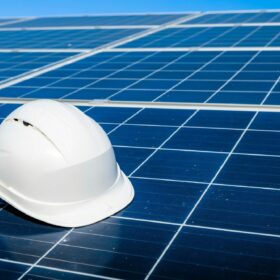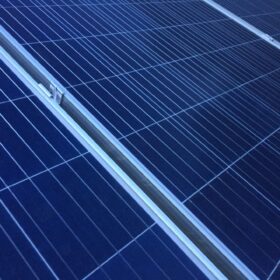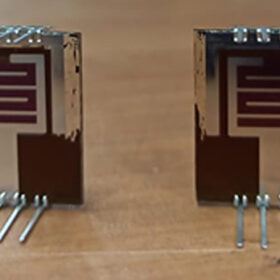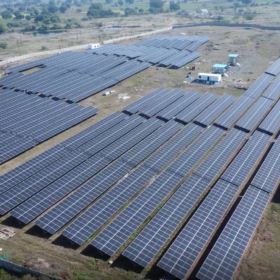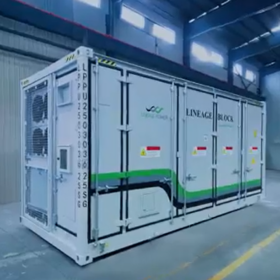Beyond the panels: How India’s solar growth and PM-KUSUM are redefining the grid
While policy discussions focus on solar tariffs and farmer incentives, we see a different challenge emerging on the factory floor: Infrastructure Redefinition. The humble transformer is being asked to do things it was never originally designed to do.
Premier Energies buys 51% stake in EPC JV with BA Prerna Renewables
Indian solar manufacturer Premier Energies has completed the acquisition of 104,550 equity shares of HeliosAnthos Energies, securing 51% of the company’s paid-up equity share capital. HeliosAnthos Energies is a joint venture between Premier Energies and BA Prerna Renewables, formed to expand Premier’s presence in the engineering, procurement and construction (EPC) segment of renewable energy projects.
Group Surya commissions 500 MW G12R solar module line in Odisha
Group Surya has commissioned a 500 MW G12R solar module production line in the Indian state of Odisha. The fully automated facility will be expanded to 1 GW within four to five months.
The Hydrogen Stream: India launches Hydrogen Valley Innovation Cluster under National Green Hydrogen Mission
India has launched the Hydrogen Valley Innovation Cluster under the National Green Hydrogen Mission to accelerate the transition of green hydrogen technologies from laboratory research to industrial deployment.
Oswal Solar secures 7.46 MWp rooftop solar order under PM Surya Ghar scheme
Oswal Pumps has announced that its subsidiary, Oswal Solar Energy, has secured an order to install 7.46 MWp of grid-connected rooftop solar systems for 3,729 consumers under the PM Surya Ghar: Muft Bijli Yojana.
Indian researchers build transparent perovskite-silicon tandem solar cell with 30.2% efficiency
The transparent four-terminal perovskite solar cell employs an ion-modulated spiro-MeOTAD hole transport layer, which passivates interfacial defects, enhances carrier dynamics, and allows for a tunable work function in wide-bandgap perovskites. When integrated into mechanically stacked 4T tandems with an n-TOPCon cell, the device achieved an overall efficiency of 28.4–30.2%, along with improved open-circuit voltage and fill factor.
Bondada Engineering Ltd commissions 61.7 MWp of solar in March
Bondada Engineering Ltd has commissioned 61.7 MWp of solar projects for clients including Paradigm IT and Maharashtra State Power Generation Company Ltd (MAHAGENCO) in March.
Pace Digitek’s arm Lineage Power delivers 100th BESS container
Lineage Power, the energy storage arm of Pace Digitek Ltd, has delivered its 100th containerized battery energy storage system (BESS).
MNRE’s GIB‑related SCOD relief to benefit 8.6 GW RE projects: India Ratings
India Ratings and Research (Ind-Ra) said the Ministry of New and Renewable Energy’s decision to treat commissioning delays arising from the Supreme Court’s ongoing proceedings in the Great Indian Bustard (GIB) matter as a force majeure‑like event provides material relief to developers of approximately 8.6 GW of renewable capacity.
RENA Technologies secures 1.2 GW TOPCon wet processing equipment order from Gujarat-based Celloraa Energy
RENA Technologies has secured an order to supply advanced wet chemical processing systems for Celloraa Energy’s new 1.2 GW TOPCon solar cell manufacturing line at Surat, Gujarat.

